10 best Kore.ai alternatives
If your customer-facing teams field hundreds, or even thousands, of repetitive inquiries daily, chances are you’re either using or evaluating a conversational AI platform like Kore.ai to help automate those responses without expanding your headcount. Kore.ai is widely regarded as a leading enterprise-grade platform for building secure AI-powered chat and voice agents. It offers a unified foundation with built-in tools for compliance, governance, and multichannel deployment at scale.
But despite its strength, Kore.ai isn’t the right fit for every business. Many organizations run into roadblocks with its limited customization options and lengthy deployment timelines, which can slow down time-to-value for fast-moving teams. The setup often demands significant engineering resources, complex versioning, and rollback processes, which come with a steep learning curve. Integration can also be a challenge, with software development kits (SDKs) that require deep technical configuration. And with a consumption-based pricing model, costs can escalate quickly if usage isn’t tightly managed.
If you want conversational automation tailored to your organization’s needs but with a faster rollout and better support, you need a more flexible platform. In this guide, we’ll break down Kore.ai’s key features, limitations, and pricing model. Then we’ll explore the top Kore.ai alternatives to help you find a solution that aligns with your enterprise priorities.
What is Kore.ai?
Kore.ai is an enterprise-grade AI platform designed to help organizations build, deploy, and manage intelligent virtual agents and chatbots at scale. The platform lets you set up AI agents that boost employee productivity (AI for Work), enhance customer experiences (AI for Service), and streamline internal workflows (AI for Process) across voice and digital channels. By combining conversational AI with generative AI, Kore.ai enables enterprises to handle complex communication scenarios, including resolving support issues, automating tasks, and powering self-service experiences.
Key features of Kore.ai
- Experience optimization (XO) platform: Kore.ai’s XO platform is an end-to-end environment for designing, training, testing, deploying, and managing AI-first assistants and chatbots. Nontechnical teams can use its no-code tools to build AI agentic applications using a visual drag-and-drop interface. In addition, pro-code options and SDKs give developers full flexibility to create custom functions.
- Omnichannel deployment: Deploy your AI agents across more than 30 digital and voice channels, including third-party channels like Alexa. Thanks to its channel-agnostic design, you can build once and deploy anywhere to meet users wherever they are.
- Advanced AI and NLP: Kore.ai chatbots combine natural language understanding (NLU) and natural language processing (NLP) to detect user intent, handle complex queries, analyze sentiment, and process multi-turn conversations. Its enterprise-grade search capabilities, like retrieval-augmented generation (RAG), allow AI agents to pull real-time data from both structured and unstructured sources across your organization.
- Enterprise-grade security and compliance: Features like role-based access controls, end-to-end encryption, and audit logs come baked in. Kore.ai also provides compliance with enterprise standards like SOC 2, GDPR, and HIPAA.
- Enterprise integrations: Kore.ai connects with hundreds of enterprise systems such as enterprise resource planning, customer relationship management (CRM), and collaboration tools via pre-built connectors and custom integrations. These integrations enable seamless data flow between your AI agents and internal systems.
- Analytics: The platform offers in-depth analytics tools to monitor AI agent performance and workflow behavior. You can track metrics like latency, usage patterns,and model versions to drive continuous improvement.
Limitations and drawbacks of Kore.ai
While Kore.ai offers robust features, it also comes with notable limitations that can impact adoption and return on investment (ROI):
- High pricing: Kore.ai doesn’t publish enterprise pricing, which makes cost forecasting difficult until you’re well into the sales process. Multiple third-party reviews cite enterprise contracts starting at $300,000 per year. This pricing puts the platform out of reach for many budget-conscious or mid-market organizations.
- Usability: The visual builder helps with basics, but configuring advanced workflows, orchestrating agents, and setting up integrations require technical expertise. Nontechnical teams may find the platform challenging to navigate without developer support.
- Lengthy implementation timelines: A major drawback for Kore.ai is the long implementation cycle, especially when deploying voice AI agents, making it less suited for organizations aiming for fast rollouts and quicker ROIs.
- Patchy documentation and limited support: Many users report outdated documentation and a lack of dedicated support, which leaves them struggling with complex implementation.
Kore.ai pricing
Kore.ai doesn’t publish pricing information, and its documentation says to reach out to sales for a custom quote. This lack of transparency can make budgeting and vendor comparison difficult, especially early in the evaluation process.
If you’re looking for other platforms that offer similar capabilities without the steep costs, long setup times, and integration hurdles, you’re in the right place. We’ve rounded up 10 powerful Kore.ai competitors for building and deploying enterprise-grade conversational AI agents.
The best Kore.ai competitors and alternatives
Jotform |  Yellow.ai | 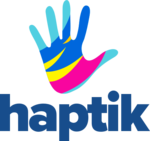 Haptik | IBM Watsonx Assistant |  Cognigy |  Forethought | 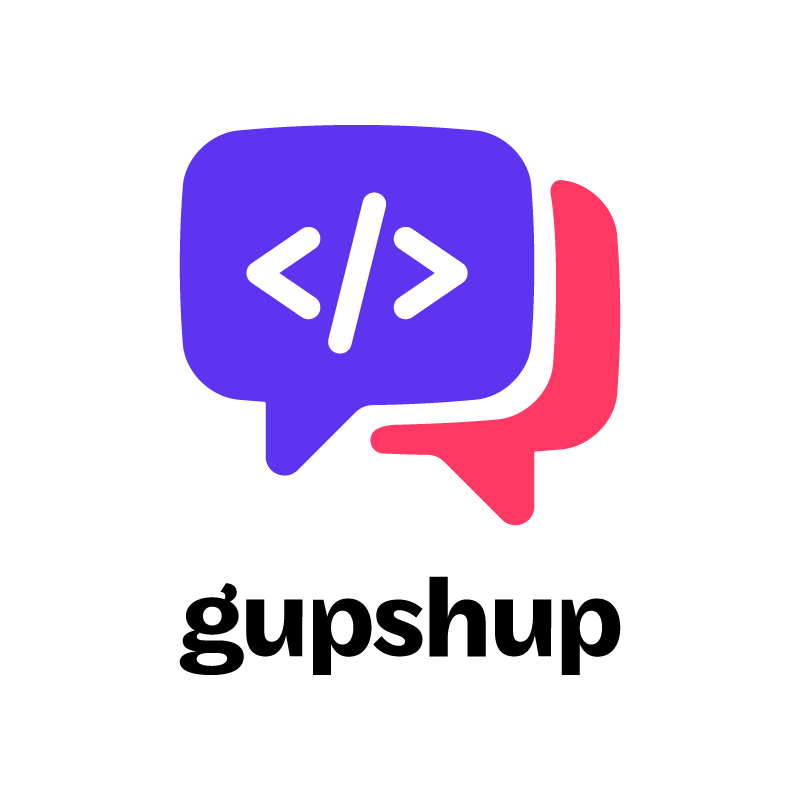 Gupshup | 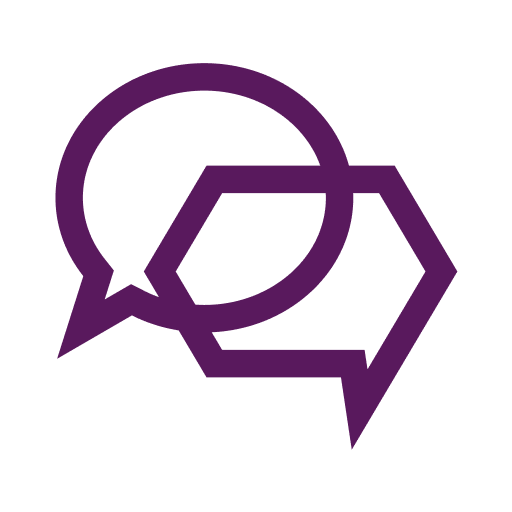 Boost.ai |  Voiceflow |  Google Conversational Agents | |
|---|---|---|---|---|---|---|---|---|---|---|
| Best for | Ease of use and integrated data collection | Multilingual voice and chat AI agents | Organizations in mobile-centric markets | Companies in heavily regulated industries | Enterprise contact centers | Full-cycle support automation | Marketing, commerce, and support automation | Companies looking for self-learning hybrid AI | Less-regulated environments | Conversational AI powered by Google's LLM |
| Key features | No-code chatbot builder, omnichannel support, 7,000+ AI Agent templates, advanced actions | Agentic RAG system, no-code/low-code interface, voice AI with sentiment analysis | No vendor lock-in, mobile-first design, comprehensive analytics with an insights agent | Advanced generative- and LLM-powered agents, extensive integrations, strong focus on compliance and security | Contact center agnostic, wide channel, and contact center integration, agent copilot workspace for real-time assistance | Multi-agent system, powerful autoflows for solving tricky issues without human intervention | Seamless deployment for messaging-first environments, advanced insights, generative AI, and LLM integration | No-code builder, fast and predictable deployment, enterprise-level analytics | Easy-to-use visual builder, LLM flexibility, collaborative workspace for building agents | Hybrid conversational flow, rich integrations ecosystem, free trial credit |
| Ease of use | Very easy to use and deploy in minutes | Intuitive user interface (UI) and rapid setup | Intuitive UI, easy to learn platform | Potential steep learning curve when connecting backend systems | Generally easy to use | Generally easy to use | Noted for being user-friendly | Noted for being user-friendly | Highly user-friendly | Potential steep learning curve |
| Usage-based pricing | Transparent tiered pricing. Starter (free) Bronze ($34/month) Silver ($39/month) Gold ($99/month) Enterprise (custom) | Quote based | Quote based | Transparent pricing model with a free plan. Paid plans start at ~$140/month | Quote based | Quote based | Quote based | Quote based | Transparent pricing with a free tier available. Paid plans from ~$60/month | Usage-based pricing model |
| Try It Now | ||||||||||
1. Jotform AI Agents
Jotform AI Agents is a user-friendly, no-code AI chatbot builder that allows teams to create, train, test, and deploy AI assistants without writing a single line of code. These powerful chatbots and virtual assistants are designed to help businesses of all sizes automate customer service, streamline workflows, and improve business efficiency through personalized interactions. The AI Agents provide real-time assistance to customers and employees, answer questions, and guide users through tasks and processes, such as completing forms, validating inputs in real time, and capturing clean, structured data.
Jotform AI Agents use NLP and machine learning to understand intent, interpret context, and generate humanlike responses across web, mobile, phone, email, and social channels. The AI Agents reason intelligently before acting, making them a powerful option for delivering autonomous 24-7 support without compromising control.
Why Jotform AI Agents is a great alternative to Kore.ai
- Simplicity and speed: While Kore.ai requires developers to use pro-code tools and SDKs for customizations (causing long implementation cycles), Jotform AI Agents offers a no-code interface that empowers anyone to build and launch custom chatbots in minutes, not months.
- Transparent pricing: Unlike Kore.ai, Jotform provides transparent, up-front pricing and a free tier, allowing you to budget confidently and test the platform without entering a lengthy sales process.
- Seamless form integration: Jotform AI Agents do more than answer questions. They guide users through form completion, validate inputs in real time, and structure responses to fit your workflow. They can also process payments, collect legally binding signatures via Jotform Sign, and trigger complex automations, all within one unified experience.
- Versatile training options: Jotform avoids generic, surface-level answers by offering robust training options. For instance, if you’re creating a support agent, you can upload text documents structured into sections or upload questions and answers to bring your AI Agents up to speed. You can also clone yourself or train agents with files and website URLs. AI Agents can be fine-tuned for different audience segments and continuously improved over time to ensure contextual, relevant responses.
Jotform pricing
- Free: Up to five agents and 10,000 monthly agent sessions
- Bronze: $34/month (billed annually), up to 25 agents and 100,000 monthly sessions
- Silver: $39/month, up to 50 agents and one million monthly sessions
- Gold: $99/month, up to 100 agents and two million monthly sessions
- Enterprise: Custom pricing, unlimited agents, unlimited monthly sessions
2. Yellow.ai
Yellow.ai is an enterprise-level conversational AI platform for improving customer support (CX) and employee engagement (EX). One of its biggest strengths is its Super Agent model, which delegates tasks and requests across multiple domain-specific agents without losing context.
Customer support teams can use Yellow.ai’s agents to automate repetitive tasks like ticket creation, service-level agreement tracking, and approval routing. Its Agent Assist capabilities, such as real-time response suggestions, coaching insights, and conversation summaries, help human agents resolve queries more efficiently.
On the EX side, employees can use Yellow ai’s agents to resolve common internal requests, such as hardware orders, leave applications, and password resets, to reduce operational overhead while improving employee satisfaction. The platform’s agents can communicate in over 135 languages on 35+ digital and voice channels.
Best for: Multilingual voice and chat AI agents
Key features: Agentic RAG system for pulling answers from your knowledge sources, no-code/low-code interface with pre-built templates, voice AI with sentiment analysis
Limitations: Potential vendor lock-in, can be quite expensive over time
Pricing: Free trial available, but contact Yellow.ai for pricing
3. Haptik
Haptik offers intelligent virtual assistants for mobile-first environments like WhatsApp, Facebook Messenger, Instagram, and voice. The conversational AI platform delivers automated, personalized responses to common customer queries so teams can focus on more complex matters. One of Haptik’s strengths is its AI Voice Agent, which can engage customers in natural contextual conversations. These voice agents are intelligent enough to detect user intent, respond accordingly, and escalate to a live agent when necessary. Haptik offers ready-made AI agent templates for use cases like customer support, sales, booking, and lead qualification. It is best suited for organizations in retail, edtech, media and entertainment, healthcare, travel, and fintech.
Best for: Organizations in mobile-centric markets
Key features: Mobile-first design with quick deployment, ability to add the system on top of your existing infrastructure without vendor lock-in, comprehensive analytics with insights agent
Limitations: No publicly available pricing, pre-built templates may limit customization for more advanced modular flows
Pricing: Contact Haptik for pricing
4. IBM Watsonx Assistant
IBM Watsonx Assistant is a powerful AI chatbot solution for building, training, and deploying scalable AI assistants across websites, mobile apps, and messaging platforms. Backed by IBM’s enterprise-grade AI and NLU capabilities, it enables fast and consistent interactions in customer-facing and employee support scenarios. Watsonx AI agents can guide customers through processes, execute routine tasks, and retrieve answers from connected data sources via backend integrations. When necessary, they can also seek clarification, route inquiries to human agents, and help live agents improve resolution efficiency.
The platform offers a no-code builder for designing AI agents from scratch, as well as pre-built templates for common use cases. The Watsonx Assistant is built with compliance at its core and is trusted by banking, government, insurance, healthcare, telecommunications, and retail enterprises. It supports flexible deployment across public cloud, multi-cloud, and on-premise environments.
Best for: Heavily regulated industries
Key features: Advanced generative- and large language model (LLM)-powered agents, extensive platform integration, strong focus on compliance and security
Limitations: Potential steep learning curve, especially when connecting backend systems or custom data, possible migration challenges due to proprietary workflows
Pricing:
- Lite: Free for up to 1,000 unique monthly active users (MAU), up to 10,000 messages per month
- Plus: $140 for first 1,000 MAUs, then $14 for every additional 100 MAUs
- Enterprise: $6,000 for first 50,000 MAUs, then $120 for every additional 1,000 MAUs
- Enterprise with data isolation: Contact IBM sales representative for pricing.
5. Cognigy
Cognigy supports enterprise contact centers with intelligent voice and chat agents. Its AI agents help deliver faster, more personalized service by automating routine interactions and empowering human agents with real-time support.
One of Cognigy’s standout features is Agent Copilot, which provides live support agents with instant access to relevant information from internal systems like CRMs to eliminate the need to switch between platforms. For global operations, Agent Copilot provides bidirectional, real-time translation during live conversations, helping localize support across regions and languages.
Cognigy combines generative AI with structured orchestration and robust NLU to drive smooth, intent-aware interactions. Its AI agents can recognize customer sentiment, respond contextually, and de-escalate issues quickly by drawing on conversation history and integrated data sources.
Best for: Enterprise contact centers
Key features: Wide channel and contact center integration, agent copilot workspace for real-time assistance, contact center agnostic so you can connect your own system regardless of vendor or whether it’s cloud or on-premises deployment
Limitations: No publicly available pricing, potential resource-heavy implementation
Pricing: Contact Cognigy for pricing
6. Forethought
Forethought is an agentic AI platform built specifically for customer support teams in software as a service (SaaS), e-commerce and retail, healthcare, and fintech. Its biggest strength lies in its multi-agent architecture, which enables autonomous ticket resolution, human agent assistance, request triaging, and proactive identification of knowledge gaps, all within one system.
Forethought’s AI agents (Solve, Assist, Triage, and Discover) are trained on your historical support data to understand customer intent, think through problems, and deliver fast humanlike support across chat, email, voice, and Slack. With its Autoflows, the agentic AI platform can take real action, such as updating records and processing requests automatically, to free human agents from repetitive tasks.
Best for: Full-cycle support automation
Key features: Multi-agent system, powerful autoflows for solving tricky issues without human intervention
Limitations: Quite expensive according to third-party review sites, potentially long implementation process.
Pricing: Contact Firethought for pricing
7. Gupshup
Gupshup is an enterprise-grade conversational AI platform built to power personalized, business-driven conversations across the entire customer journey, from lead generation to sales to post-purchase support. The platform offers AI agents for WhatsApp, RCS Business Messaging, voice, and other messaging-first environments.
With its no-code conversation builder, teams can use natural language prompts to build, fine-tune, and deploy AI agents. The platform’s AI agents can automate routine queries and escalate complex cases to human support agents when necessary. Gupshup also includes an AI copilot to assist support teams with response suggestions, summaries, and contextual insights pulled from internal systems. The platform is used across industries such as financial services, retail, food and beverage, real estate, healthcare, and travel and hospitality.
Best for: Marketing, commerce, and support automation
Key features: Advanced insights for tracking agent performance, generative AI and LLM integration, seamless deployment across messaging-first environments
Limitations: No publicly displayed pricing, requires dev support for advanced setup, users mentioned challenges with onboarding and sales support
Pricing: Contact Gupshup for pricing
8. Boost.ai
Boost.ai is a no-code, self-learning conversational AI platform designed to build and deploy intelligent chatbots and voice bots at scale. Its hybrid architecture blends NLU with advanced LLMs to deliver highly contextual, humanlike conversations.
Using its intuitive Conversational Builder, teams can rapidly design chatbot flows that adapt to customer needs in real time. Boost.ai’s AI agents are built for high-volume environments and can understand context, anticipate user intent, and generate tailored responses powered by generative AI.
The platform also features Boost Automator, a self-learning engine that continuously refines chatbot responses based on past interactions. Boost.ai also supports internal virtual agents to streamline operational workflows, improve employee productivity, and enable better cross-departmental collaboration.
Boost.ai supports regulated industries, so it meets strict security, privacy, and auditing standards while integrating seamlessly with popular enterprise systems.
Best for: Companies looking for a self-learning hybrid AI
Key features: Fast and predictable deployment, enterprise-level analytics, no-code builder
Limitations: Limited options for customizing reports, quite expensive
Pricing: Contact Boost.ai for pricing
9. Voiceflow
Voiceflow is a collaborative conversational AI platform that enables product teams to design, build, and deploy chat and voice AI agents. It supports a wide range of use cases, including customer support, appointment scheduling, and internal operations, making it suitable for organizations seeking flexibility and speed.
Using Voiceflow’s drag-and-drop workflow builder, teams can visually define conversational paths, logic, triggers, and actions in one shared workspace. The platform supports multiple LLMss, allowing you to power AI agents with OpenAI, Anthropic, or even proprietary LLMs. For teams needing more advanced customizations, the platform provides developer tools and extensive integrations that allow you to extend Voiceflow’s capabilities with custom features, third-party APIs, and specialized interfaces.
Best for: Less-regulated environments
Key features: Easy-to-use visual builder, LLM flexibility, collaborative workspace for building agents
Limitations: Basic analytics, complex workflows can slow down the UI, no native live chat or social channels (requires API work)
Pricing:
- Starter: Free for 100 credits, one workspace, basic LLM, two agents
- Pro: $60/month for 10k credits, two workspaces, all LLM models, up to 20 agents
- Business: $150/month for 30k credits, five workspaces, LLM fallback models, unlimited agents
- Enterprise: Custom pricing includes Agent CMS, custom and private cloud, custom LLM, and more.
10. Google Conversational Agents
Google Conversational Agents is the modern evolution of Dialogflow CX, now unified with the Vertex AI agent builder. It is a Google Cloud-managed platform for building enterprise-grade text or voice conversational agents using deterministic tools (visual flow builders) and generative AI via Gemini models. The platform offers pre-built AI agents for common use cases like flight booking, movie ticket purchases, shopping assistance, and appointment booking while also allowing teams to build custom agents from scratch with a no-code console. With Gemini-powered agents, businesses can deliver natural, lifelike conversations featuring humanlike voices, emotions, and advanced contextual comprehension.
Google Conversational Agents also includes out-of-the-box connectors to speed up time to production and improve agent personalization.
Best for: Enterprises that want conversational AI powered by Google’s LLM
Key features: Hybrid conversational flow (deterministic flows or generative playbook), rich integrations ecosystem, free trial credit
Limitations: Potential steep learning curve and complex pricing system
Pricing: Agents are priced monthly based on the edition and the number of requests made monthly. See the Conversational Agents pricing page for more information.
Which Kore.ai alternative is right for your organization?
Kore.ai remains a solid platform for building enterprise-level conversational chatbots. However, it often requires a significant up-front investment, monthslong implementation timelines, and extensive engineering support before you can realize ROI. These challenges are why so many enterprises are exploring alternative platforms that promise faster deployment, lower costs, and greater flexibility.
As you evaluate alternatives, focus on key value criteria such as
- Use case alignment & ROI potential: Can the platform solve your specific business needs and deliver a measurable impact?
- Deployment speed & ease of use: How quickly can your team launch and manage agents without heavy developer reliance?
- Omnichannel reach & coverage: Does it support the channels your customers and employees already use?
- Compliance, security, & governance: Is it built for enterprise-grade security and regulatory standards?
- Support & pricing transparency: Will you have the right level of assistance and predictable costs?
Jotform AI Agents check all these boxes easily. It offers the capabilities of the Kore.ai chatbot without the steep learning curve or heavy price tag.
With Jotform’s no-code builder and extensive AI Agent templates, your team can create, customize, and use chatbots in minutes. These agents support a wide range of use cases, from customer support to internal automation, while offering a unique advantage: guiding users through form-filling processes via natural conversational interactions. Collected responses are automatically formatted to match form requirements, trigger workflows, route approvals, collect payments, and more, in one seamless experience.
Visit Jotform AI Agents today to start building and deploying AI Agents that improve customer experiences, automate repetitive tasks, and streamline your internal processes.
This article is for enterprise-level decision-makers, IT managers, and heads of customer experience who are currently using or evaluating Kore.ai and are seeking alternative solutions. They are looking for a comprehensive comparison of features, pricing, and platform limitations to find a better fit for their business needs, which may include easier implementation, more transparent pricing, or different feature sets.

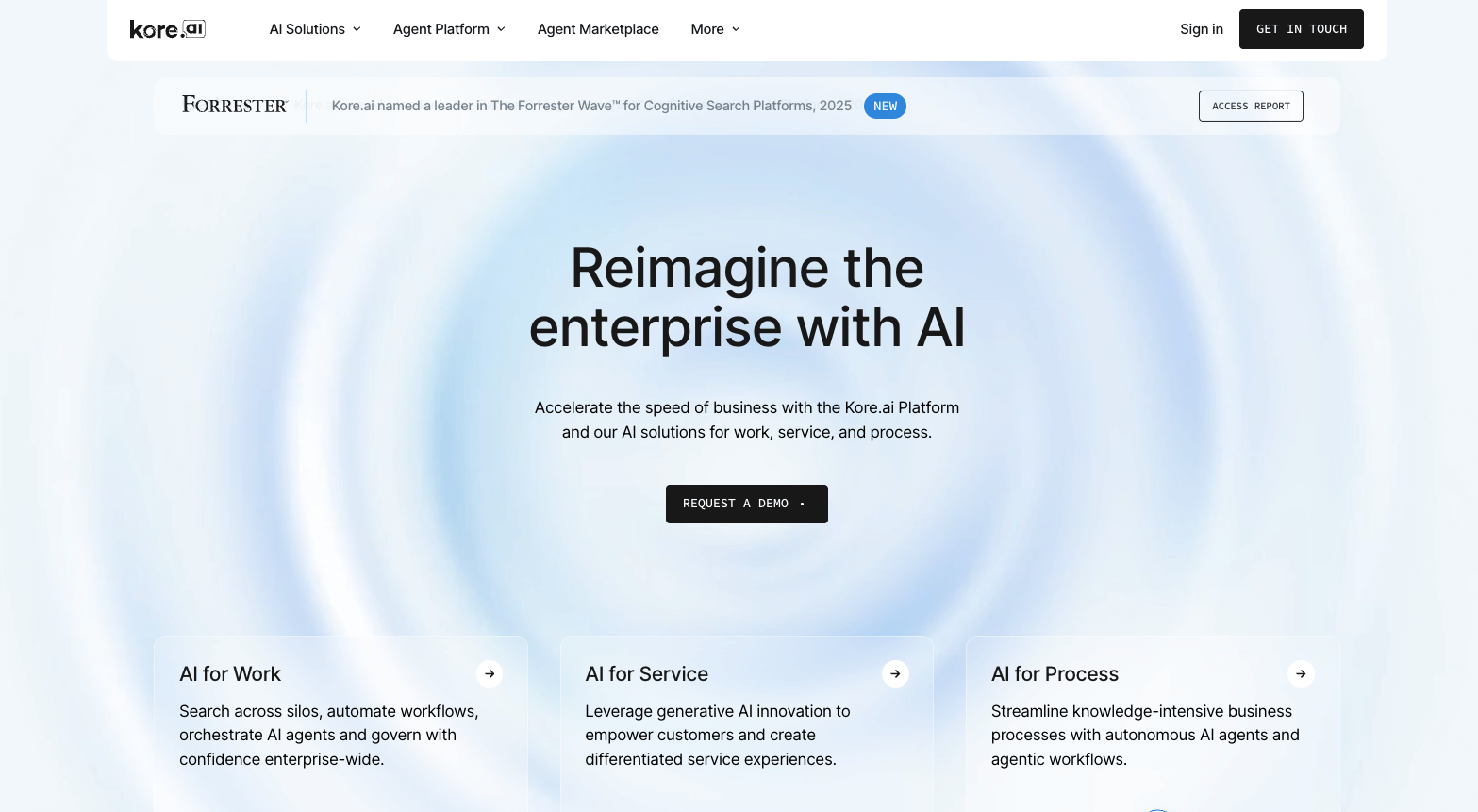





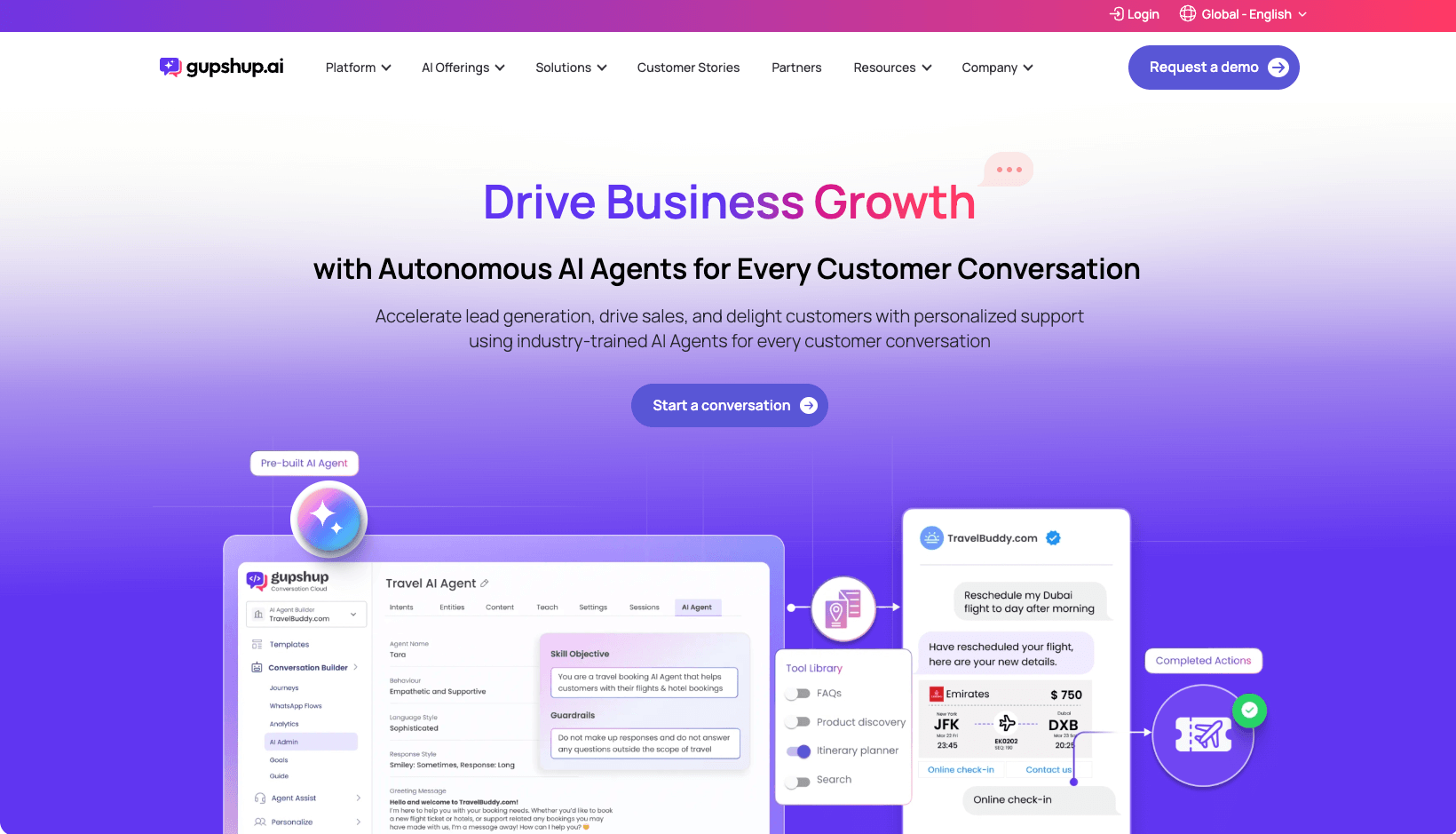


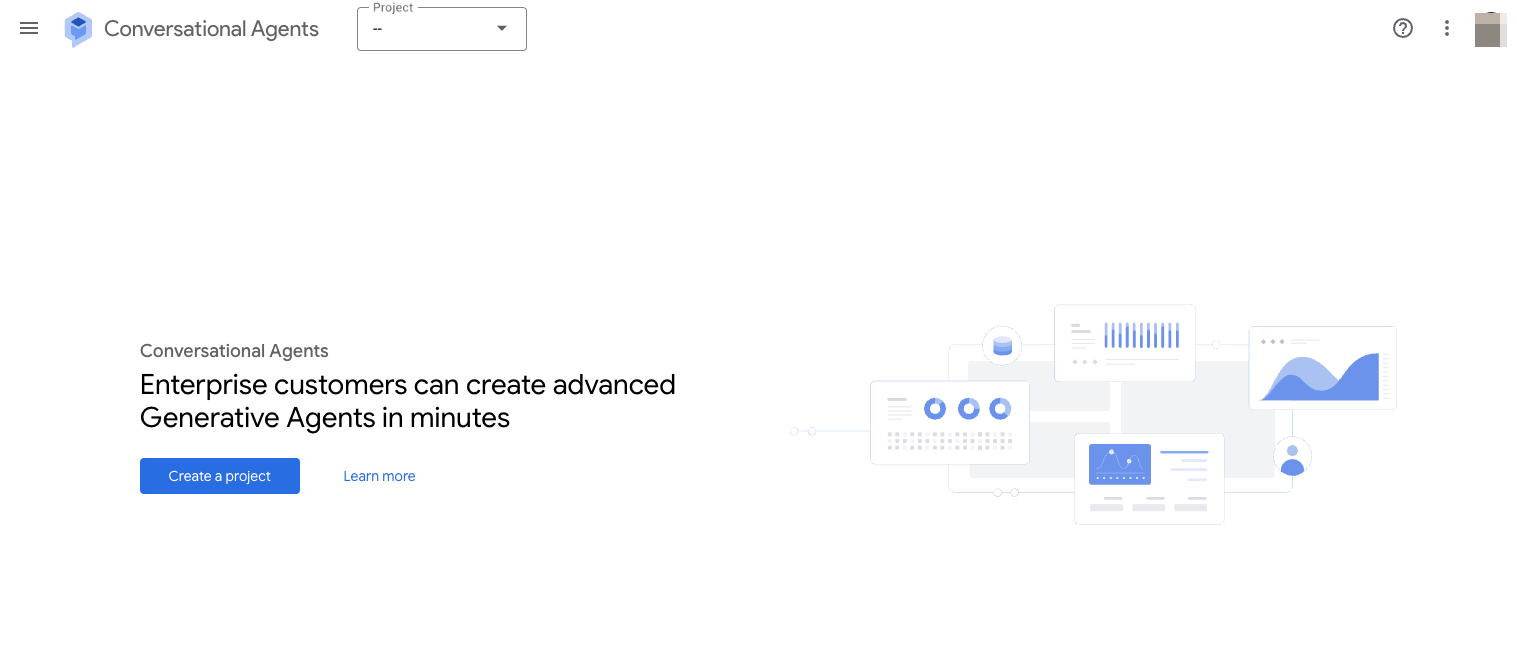






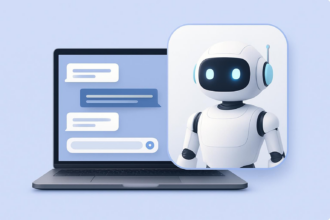

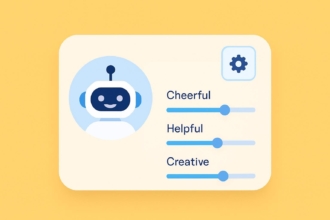

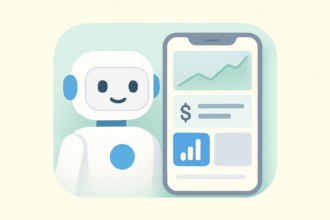


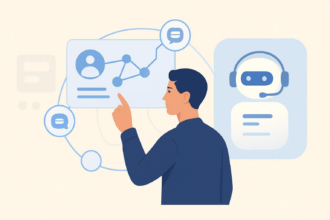
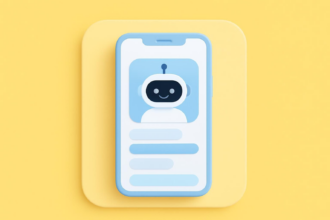



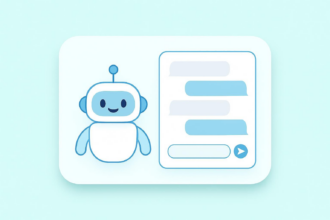

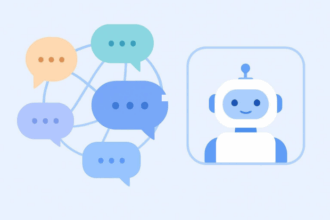


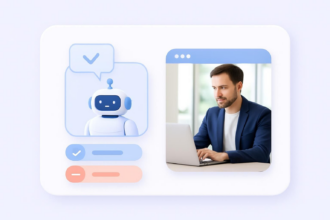

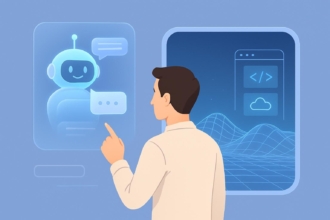
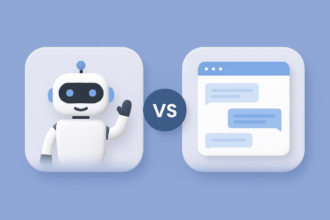



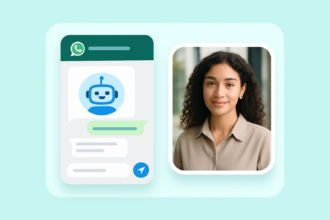
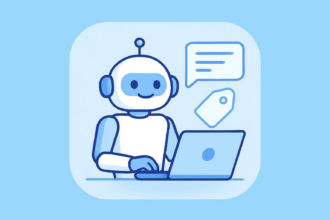

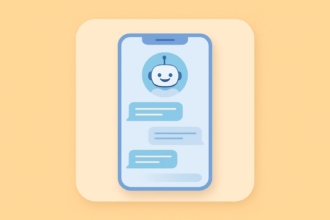
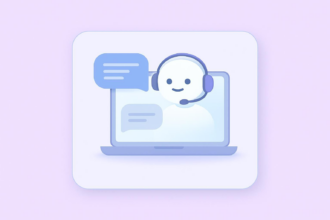

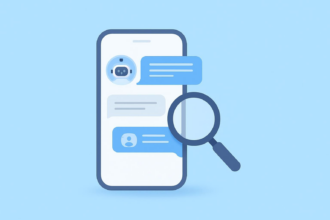

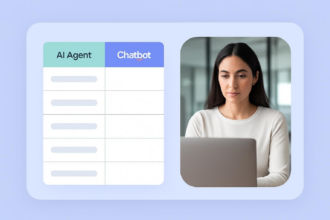


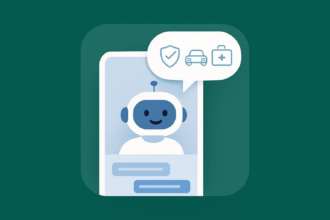


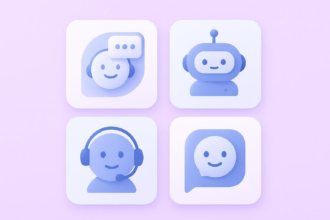


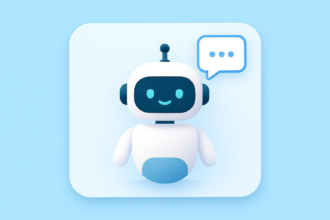

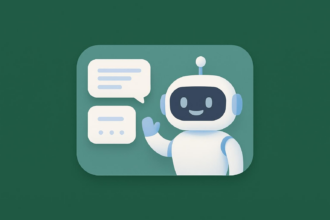
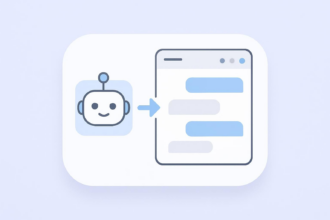
Send Comment: